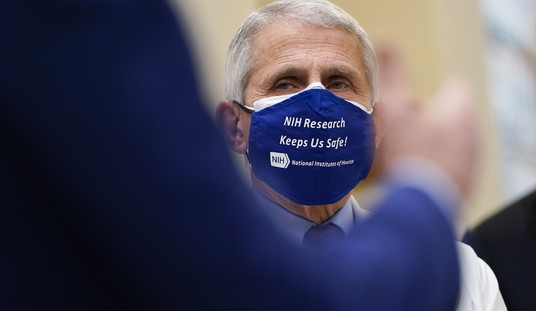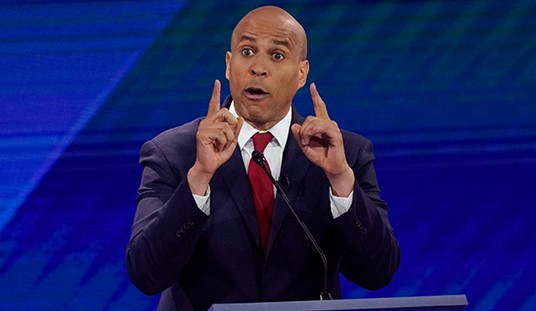On this date in 1982, forces of the fascist military Junta ruling Argentina invaded the Falkland Islands. The British governor had command of a small force of Marines, but they were not sufficient to withstand the initial attack.
What happened after was a triumph of liberty against tyranny, and a turning point for a great conservative leader, Margaret Thatcher.
1982 was not a great year for conservatives. The US was in a sharp recession as the Federal Reserve defeated inflation. The UK had seen the Conservative Party sweep into power in 1979, but the Conservatives had fallen to third place in the polls as the country worked through the reforms Thatcher needed to implement.
So when word came through that Argentina had invaded, many thought the UK should simply give up the islands. It was a crisis of confidence, but Thatcher would have none of it. And ultimately, once it was clear that the Argentine warmongers would allow for no peaceful resolution, the Reagan administration backed her.
It took two months, but by June 14, having retaken the capital Port Stanley, the shooting was over. The United Kingdom had liberated the Falklanders from the invading forces. The Anglosphere wasn’t licked yet.
We didn’t know at the time the Soviet Union would fall within a decade. We didn’t know that Reagan and Thatcher were in the process of creating massive peacetime expansions of their economies, and that both would leave office having achieved huge re-elections and stunning successes in office.
We wouldn’t have our own military accomplishment to give us a boost until 1983 in Grenada, but the mood in the UK turned on a dime after the Falklands war. The Conservatives rebounded sharply in the polls, retook the lead, and would gain 58 additional seats in the 1983 general election. Labour had its worst showing since 1918.
Things are always worst for a nation right before the turnaround. That’s a lesson to remember in America today. Don’t give up hope. Reagan and Thatcher didn’t.













Join the conversation as a VIP Member